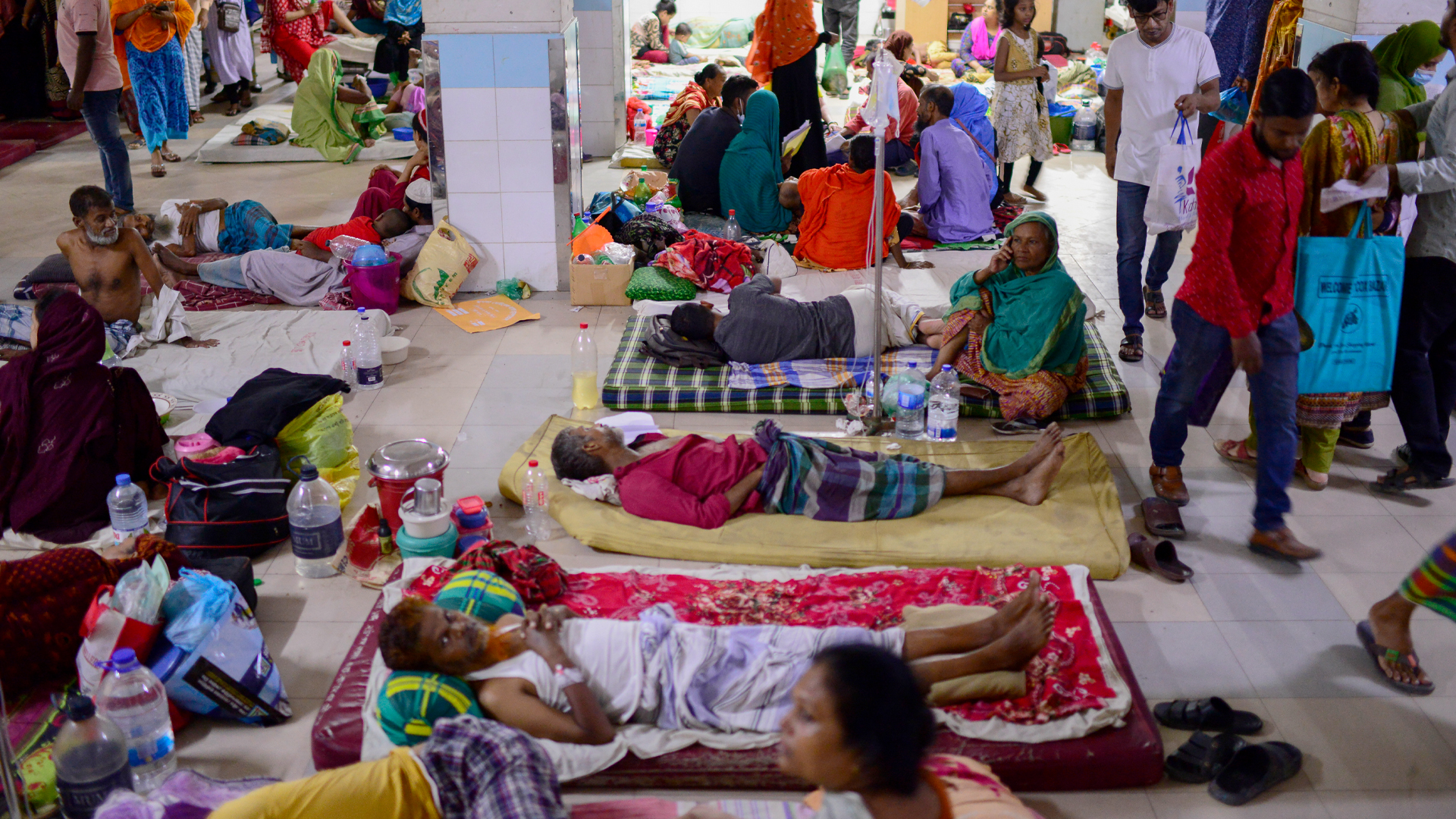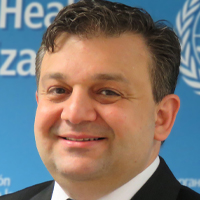
At the end of October, Foreign Affairs Minister Mélanie Joly delivered a speech in which she said Ottawa’s future foreign policy will be guided by two principles: defending its sovereignty and pragmatic diplomacy.
We believe global health is the most pragmatic diplomacy engagement for Canada. But to succeed in that, our country needs to urgently develop a strategy with a clear vision, priorities and governance, dedicated resources, and ongoing monitoring and evaluation. We need to engage with key multilateral and bilateral partners, including other countries and the World Health Organization.
Global health issues are transnational. Global health diplomacy is a process of multi-actor engagement that can shape policy influencing health issues or position health issues in foreign policy negotiations.
The COVID-19 pandemic, the climate crisis, humanitarian crises in conflict-affected regions and persistent racial, gender and health inequities are among the complex societal problems that have exposed the cracks in global and national social, economic and health systems in recent years.
Given that backdrop, Canada – often considered a middle power – must urgently redefine its foreign policy in the face of an increasingly polarized world.
Global health must be explicitly centred in these discussions. Foreign and domestic policy priorities must not be considered separate. A coherent global health strategy offers a path forward. It’s also a timely political opportunity requiring decisive action.
Unlike several other OECD countries – such as Germany, Switzerland and France – Canada does not currently have a global health strategy.
There is overall agreement that Canada is not living up to its potential in the field of global health. This is based on a review of literature, interviews and online survey with stakeholders (i.e. government policy-makers, researchers, civil society organizations) summarized in Call for A Global Health Strategy for Canada: A Discussion Paper.
As a middle power, Canada has often aspired to be a socially progressive force abroad, using alliance-building and collective action to exert influence beyond that expected from a country with moderate financial and military resources, according to a paper in The Lancet.
In the past, this approach earned Canada a seat at several international tables. But those seats won’t be reserved forever. Canada could better exercise its leadership and alliance- and bridge-building potential. A global health strategy could bring greater focus to these efforts.
Several challenges persist but also present opportunities for change:
- Continued pressure to treat public goods (e.g., vaccines, health systems) as commodities – things that can simply be bought or sold – requires strong opposition that includes ongoing leadership and advocacy from countries such as Canada to ensure global equity.
- Further progress on the United Nations 2030 agenda for sustainable development remains critical. All countries including Canada have fallen behind, but the urgency must be recognized as a set of interlinked global challenges. Canada should play a facilitative leadership role.
- Canada needs to continue to invest in research, technology and digital transformation as engines of innovation to improve health outcomes, but also must consider the implications for equity.
- Sustained financing is a key pillar of any global health strategy. In 2022, Canada spent the equivalent of US$7.8 billion for official development assistance (ODA) or 0.37 per cent of its gross national income (GNI), placing it fifth among G7 countries. That level is also just slightly more than half of the United Nations’ 0.7-per-cent spending target, originally proposed by Canada.This financing gap needs to be redressed.
- Ottawa needs to better leverage strategic alliances through existing fora and collaborations, such as the G7, G20 and the European Union.
Why does Canada not have a global health strategy? Does the political will not exist? Or is it because the status quo is adequately serving the diverse interests of stakeholders including government departments and agencies that operate in silos and make up the global health ecosystem? We would say it’s the forces perpetuating the status quo.
A recent Mowat Centre report notes: “Governments have trouble solving big complex problems in large part because governments have been organized into collections of narrowly focused vertical silos.”
Countries with global health strategies, such as Germany and France, have observed benefits including better co-operation and co-ordination among key ministries. Several of these strategies have parliamentary support.
Such a strategy provides an organizing framework for effective collaboration on global health issues. Key lessons for developing a strategy point to four elements: priority-setting, clear governance systems, resources, and monitoring and evaluation.
A 2019 article in the Journal of Global Health argues: “We need a renewed vision for global health as well as a renewed vision of ourselves in it.”
As a first step toward this renewal, priorities and clear mechanisms for achieving them must be determined. Several strategic areas were recommended during our consultations, with equity as a cross-cutting principle. These actions should be taken in areas that build on Canada’s strengths, reputation and potential:
- Commit to a resilient and sustainable post-COVID-19 recovery, as well as invest in and strengthen public-health systems to be better prepared to respond to existing and emerging threats.
- Build on Canada’s feminist international assistance policy and continue to support gender justice and equity in global health policy.
- Underpin Canada’s global health strategy with a holistic approach, recognizing the interconnectedness between people and the planet.
- Build on the Canadian Institutes of Health Research and the International Development Research Centre’s history of collaborating on global health research.
- Commit to decolonizing our practices. Canada’s ongoing legacy of colonialism must be systemically addressed, including meaningful reconciliation with Indigenous Peoples in Canada. Global health policy starts with setting examples at home and promoting them in our global engagement.
Second, clear governance systems must be established. One option supported by stakeholders is for two federal departments – Global Affairs Canada and the Public Health Agency of Canada – to co-lead Canada’s global health strategy.
A central unit could be set up to provide a focal point for engagement across government departments, along with academic and civil society actors. A global health ambassador, reporting to the ministers of health, foreign affairs and development, should be appointed to be the catalytic glue and face of that unit and strategy.
Third, the strategy must be adequately resourced and Canada’s development assistance must be aligned with strategy priorities.
Finally, an explicit monitoring and evaluation plan should be in place to allow mid-course corrections and to inform adaptations to the strategy.
Now is the right time for Canada to develop, provide resources for, and implement a comprehensive global health strategy to be a strong voice in global and multilateral forums. Look no further: global health is the most pragmatic of foreign policy areas in which Canada could engage.











